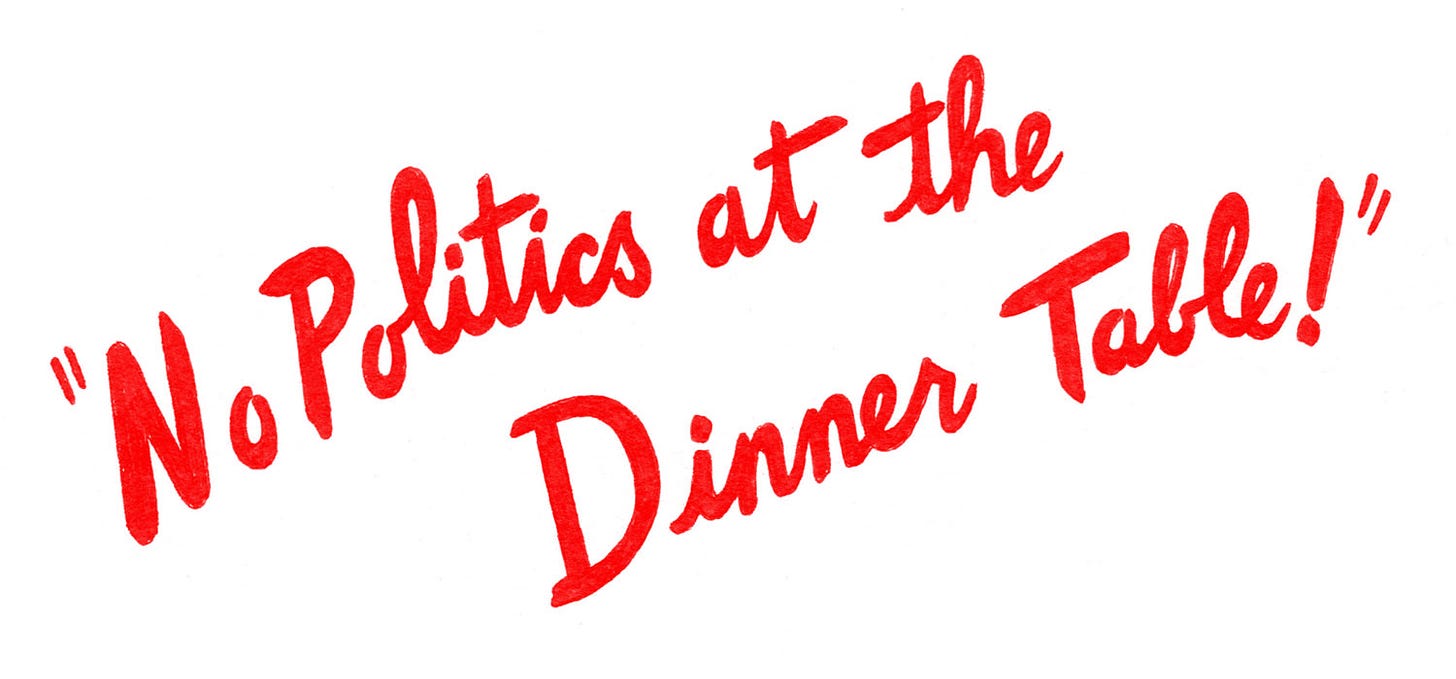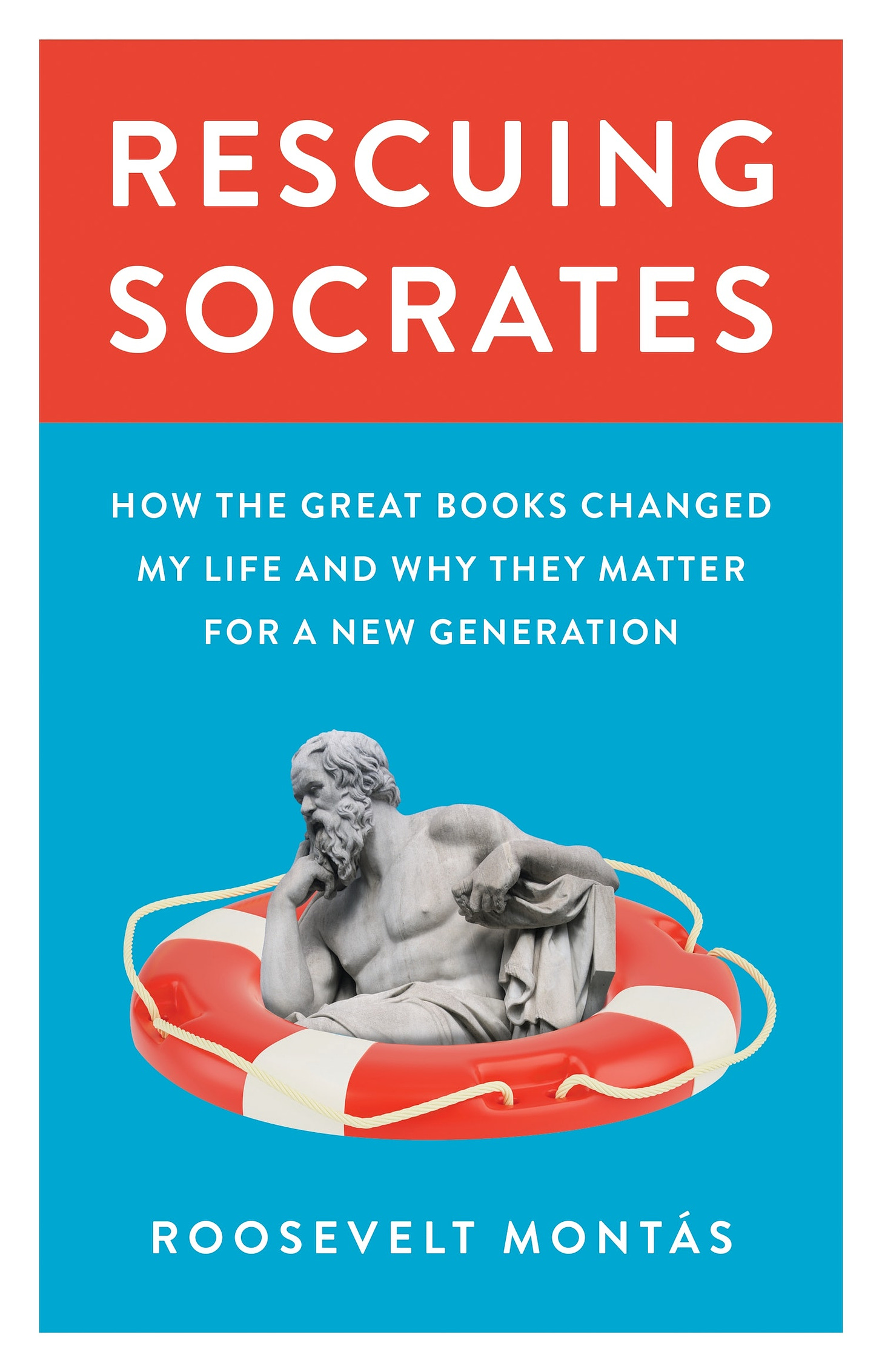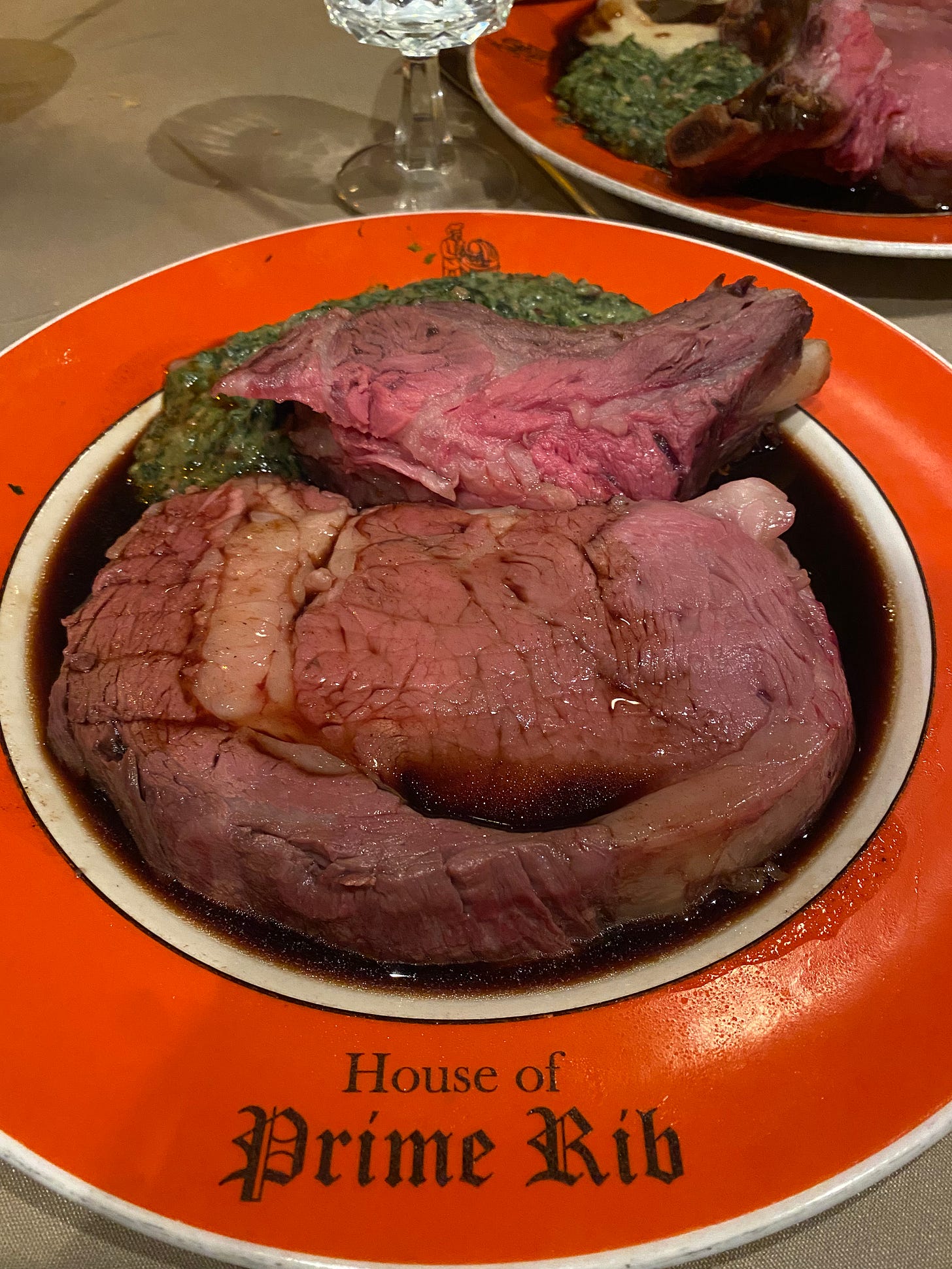Can you believe we are already one month down in 2022? Times flies when you’re having fun (or freezing your ass off in Vermont).
We are now a year into the Biden administration and there are some problems. No significant changes on border policy, concession upon concession followed by defeat in the legislature, and drone strikes continue to bring death from above on innocents.
Afghani children killed in US drone strike in August 2021. (Source: CodePink)
The US reaction if the roles were reversed and a “botched” drone strike wiped out an American family, seven of whom were children 10 and under, is not even intelligible.
Here in the US, we’re all about keeping our kids safe. Witness the 36 states that have passed over 330 laws that ban Critical Race Theory (CRT) and any teaching materials that make a student feel uncomfortable. The most spectacular piece of legislation is a ban on Art Spiegelman’s masterpiece MAUS by the McCinn County Board of Education (10-0 vote, fyi).
See, we care about our kids in these United States. I mean, who would want their little brains to feel uncomfortable between the active shooter drills?
For a wonderful defense of academic freedom and the embrace of books of all stripes, see this piece by the novelist Viet Thanh Nguyen in the NY Times today.
Last week on the pod, we had wide-ranging discussion about NYC politics and the possible future of progressive policies. If you haven’t heard it yet, check it out:
If you haven’t done it, please (pretty please!), subscribe to the pod on Apple podcasts:
If you’ve listened to the past couple of episodes, you know that we are moving off social media. What does that mean? Well, we want to grow but find social media a time suck and fundamentally detrimental to our lives. So, that means we rely on you, dear Listeners/Readers, to spread the good word of No Politics at the Dinner Table: the Gospel According to Amit and Tony.
Alright, glad you’re here. Now, dig in…
What’s so great about Great Books?
Next week, we’ll be welcoming on to the show a guest I’m very excited about. Roosevelt Montàs is humanities professor at Columbia University and the former director of the Center for the Core Curriculum there. He’s written a widely-reviewed new book called Rescuing Socrates that is a spirited, thoughtful, and personal defense of what has often been called “great books” courses.
The reviews of the book have been alternatively glowing or sneering. Montàs finds himself in the strange position of being a Dominican immigrant from a low-income family and someone with left-leaning politics who is being praised by the Right for “bringing back the Greeks” and criticized by the Left for advocating the reading of ever more dead white men.
At Columbia, there is a battery of mandatory classes that all Columbia College students have to take (the College is the liberal arts institution housed within the broader university) in order to graduate. Literature Humanities, Art Humanities, Music Humanities, University Writing, the Frontiers of Science, and Contemporary Civilization in the Modern West.
Jeez, obsessed with Columbia curriculum much?, you might reasonably be thinking. Full disclosure: I taught Contemporary Civilization in the Modern West, or CC as it’s known, for three years. I began in 2008, the same year Roosevelt became the head of the Core. It is a daunting course to teach and comes in for a lot of criticism. So, I’m going to talk about CC as a stand in for Great Books curricula, because it is what my experience has been.
I think what’s interesting is that the bases for the criticisms of CC and Great Books curricula more broadly are also the bases for their defense. For example, one main criticism is that these courses are a mile wide and an inch deep. CC is a classic sort of Plato to NATO course that starts with Greek philosophy and ends with a key piece of 20th century philosophy, like Rawls or Foucault. But you move briskly. Tuesday you study the Hebrew Bible, Thursday it’s the New Testament, by the next week you’ve gone on to Saint Augustine, and a few days from there you’re reading the Qur’an. The critique is pretty obvious. Students get a dilettantish introduction to a number of famous texts so they can laugh at literary references at the fancy dinner parties Columbia alumni are supposed to attend for the rest of their lives.
Now, I hear that criticism and there is something to it. However, that only applies to the students who are transactional about CC. They have to take it, so they show, pretend to pay attention, pretend even more that they did the reading, and write mediocre but passable papers. They then spend the rest of their lives bragging about all these classics they’ve “read.”
For students who take it seriously, however, they are transformed by these often mind-blowing texts and end up thinking about them, re-reading them, and connecting them to other courses and aspects of their lives for many years to come.
The other major criticism—and this is the really big one these days—is that it is a curriculum that is Eurocentric, male, heteronormative, and often dismissive if not outright hostile to those who fall outside of these categories. According to this view, the curriculum alienates students from marginalized identities, and it is disservice to them to make them read, say, John Locke who thinks you should kill people who steal and that Native Americans, or “savages” as he calls them, have no rights to the lands of the Americas.
The flipside of this criticism is the one I find much more compelling. It is good to understand how liberalism and empire comfortably coexisted and enabled one another in an influential thinker like Locke. In other words, if there are important texts that have shaped both consciousness and material social arrangements that we continue to live with—and that you friggin’ hate!—then it behooves you to know your enemy.
We’ve broached some of these issues with Mike Clune on defending judging literature and art. If you haven’t heard that episode, it’s a nice tee up of what’s to come next week.
There is so much more to say about this, but let’s save it for Roosevelt!
-Amit
What We Ate This Week
Before he had to quarantine, Tony did get to go to San Francisco and eat this:
Thanks for reading! Until next time…







